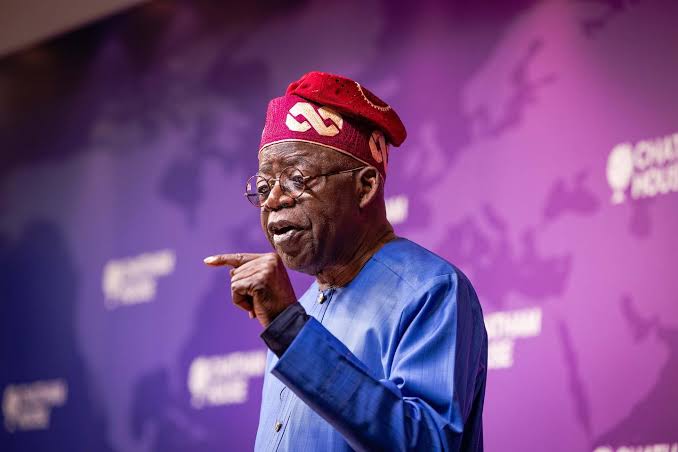President Bola Ahmed Tinubu on Wednesday said his administration has recorded 12 major economic achievements since assuming office.
In a nationwide broadcast marking Nigeria’s 65th Independence Day, Tinubu cited progress in revenue generation, fiscal discipline, debt reduction, foreign reserves, trade balance, and currency stability, among other areas.
He announced that the government surpassed its 2025 non-oil revenue target of ₦20 trillion as early as August, with ₦3.65 trillion raised in September alone. Nigeria’s debt service-to-revenue ratio has fallen from 97% to below 50%, while the “Ways and Means” advances owed to the Central Bank have been cleared.
External reserves have risen to $42.03 billion, the highest since 2019, and the tax-to-GDP ratio increased to 13.5% from under 10%. Nigeria also recorded trade surpluses for five consecutive quarters, with non-oil exports now making up 48% of total exports. Oil production has recovered to 1.68 million barrels per day, and for the first time in four decades, Nigeria is refining petrol locally.
The president noted that the naira has stabilised following foreign exchange reforms and improved capital inflows. On social welfare, ₦330 billion has been disbursed to eight million vulnerable households under the government’s cash transfer scheme.
Other gains highlighted include growth in coal mining and the solid minerals sector, expansion of transport infrastructure projects, upgrades in Nigeria’s credit ratings, and a stock market rally to 142,000 points in September. The Central Bank also cut interest rates for the first time in five years, citing improved macroeconomic stability.
Tinubu said these achievements reflected his administration’s commitment to restoring economic health and diversifying growth beyond oil.

